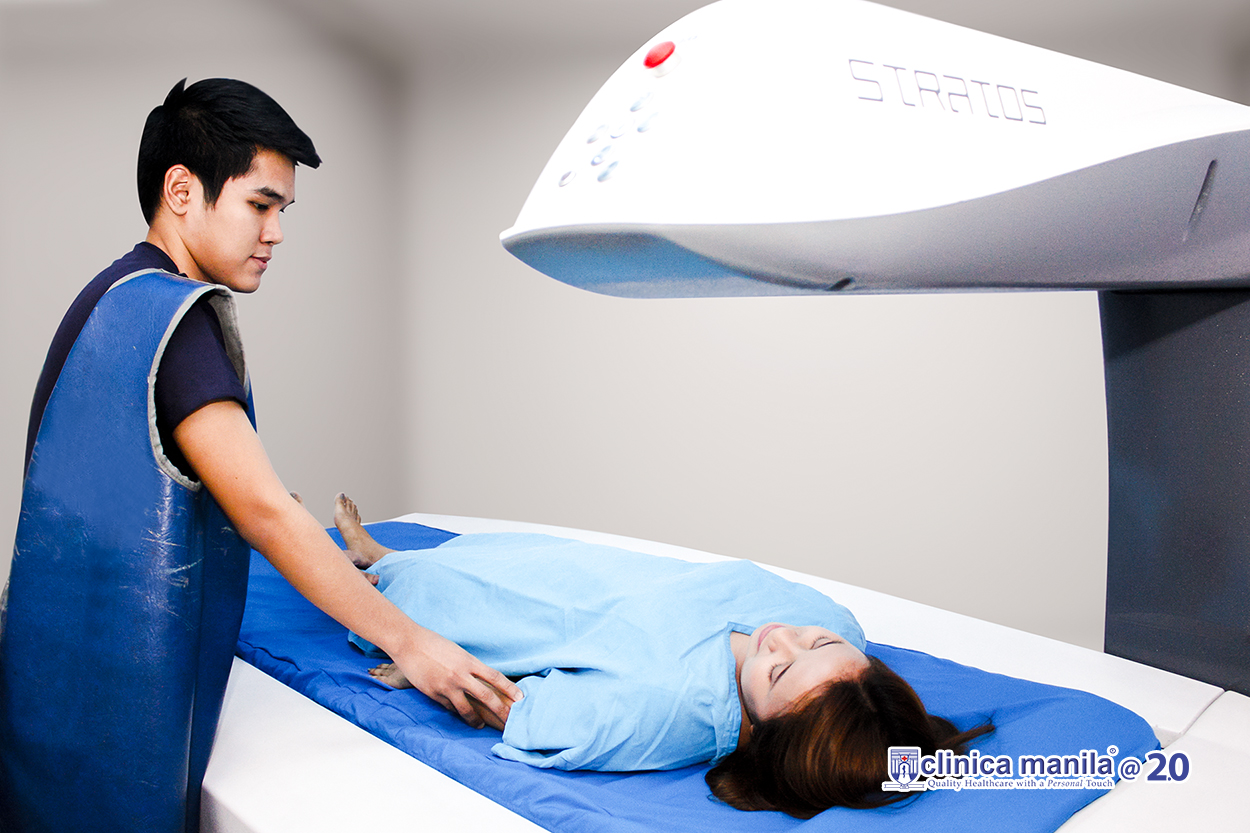Body Composition Analysis
Developing a healthy body image has never been more difficult than it is today. It is how you perceive and judge your physical appearance. It is developed through messages you get from your parents and other adults, from peers, and from society. Messages that tell you that you should be on a diet, that you should be thinner, that you could be prettier, and that you should be concerned about the size of your thighs. It would seem as though appearance would be reason enough to motivate a person to lose weight and keep it off. But, things are not always as they appear.
It is important to realize that a well body, one that is lean and strong, is attained through fat loss, not weight loss. Everyone loves to see the numbers on the scale get smaller but what you are losing might not be fat; it might be lean muscle tissue.
► If you are trying to lose weight & want to monitor body fat loss and muscle growth from exercise, DEXA is an accurate measure of weight management and fitness programs.
► If you want to reduce the risks of heart disease, diabetes, high blood pressure, high cholesterol, cancer and obesity – a DEXA scan is a positive first step.
► If you are an athlete or bodybuilder and you’re trying to achieve a low ratio of fat to lean tissue mass, you can use DEXA to track muscle atrophy from injury, as well as muscle gain during rehabilitation.
► If you are interested in weight training and you want to monitor muscle mass, and want to get a fat scan and analysis for your health, DEXA scanning provides insight into your body’s measurements.
Indeed, DEXA (Dual-energy X-ray Absorptiometry), the gold standard method for body composition and bone health is the answer to your fitness issues.
It's the preferred method trusted by medicine, research, and sports labs around the world. A DEXA scan is a simple and easy 10-minute test that measures your total body fat and includes the exact breakdown of bone mass, fat tissue, and muscle in your body. It is the most precise and reliable body fat test available today, providing you with 98% accuracy.
According to Dr. Melina Jampolis - Physician Nutrition Specialist, body fat is a much better indicator of health than BMI (body mass index), which is simply a ratio of weight (in kilograms) divided by height (in meters) squared and does not take into account what our bodies are actually made of, specifically: lean body mass like muscle, bone and water versus fat.
A more popular way to measure body fat is Bioelectrical Impedance measurements. The devices work by sending tiny electrical impulses through the body and measuring how quickly those impulses return by holding on to hand-foot sensors. But they are generally much less accurate than DEXA scans because readings can be greatly affected by variables like hydration levels. So if you measure your body fat after a workout (when most people are dehydrated) or first thing in the morning, the test will be less accurate and will overestimate your body fat. With this, it’s crucial for clients to follow a set protocol– particularly concerning food and fluid intake. Unlike in DEXA, there are no hard and fast rules. Just lie down and let the machine do the work for you. A more tedious way is through Skin Calipers. It involves pinching specific areas of skin (and fat) throughout the body and converting the results into an estimate to body fat percentage. The test is very dependent on the person doing the testing and the quality of the calipers used. While it does provide regional body fat assessment, it don't measure belly fat, which is the most dangerous.
On the contrary, DEXA is the only scanner FDA-approved to quantify dangerous deep belly fat, which is important for true health assessment.
By doing a DEXA assessment, you can immediately see changes in your body composition so you can be proactive with your health. It’s not your weight or body mass index that matters, but your body fat percentage. Remember, measure body fat correctly and you manage body fat effectively with appropriate intervention from a trained health care professional.

Back to news
